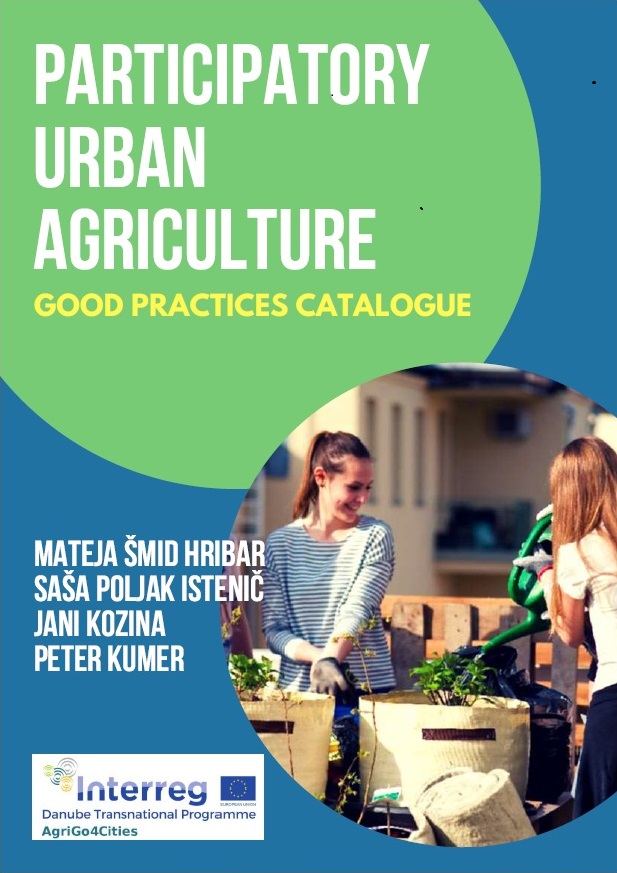AgriGo4Cities - AGRIGO4CITIES- GOOD PRACTICES CATALOGUE
17-10-2018
It has already been released one of the most important outputs of the AgriGo4Cities project: The Good Practice Catalogue, which mainly presents and collects some relevant ideas, initiatives and other projects related to the participatory urban and peri-urban agriculture (UPA).
This Good Practice Catalogue highlights the role and importance of public institutions in raising socio-economic inclusion of vulnerable and marginalized groups through the participatory UPA. The catalogue has been written by members of every partner of AG4C and is divided into four chapters: I. Conceptualization of participatory urban agriculture, II. Political Framework supporting participatory urban agriculture in the Danube region, III. European projects addressing participatory urban agriculture, and last but not least, IV. Good practices of participatory urban agriculture.
The final chapter of the catalogue it may be the most important one since it aims at mentioning the most relevant participatory urban gardens that put into practice the goals of the AgriGo4Cities project. The good practice garden examples can be found in the fourth chapter, which is divided into four categories established by the target group that aims at and always with the goal of social inclusion. The categories established in the catalogue are the following ones: community gardens, therapeutic gardens, social gardens, and educational gardens.

In the first category, just as its name indicates, targets the vulnerable groups of each community, depending on their specific needs, in this category can be found twelve community gardens, ten of them belong to countries from the European Union and that are the countries from the partners of the project, such as: Slovenia, Bulgaria, Slovakia, Hungary, Czechia and Germany; but also can be found two community gardens from two third countries: Mexico and Canada. In the second category can be found two therapeutic gardens from Slovenia, which target mainly at people with alcohol problems or mental diseases. Social gardens appear in the third category, two of them are from Slovenia and one from Germany, this type of gardens target some ethnic groups such as Roma people or youngsters without secondary-school studies or that are unemployed. The last category that can be found in the catalogue are educational gardens, which as its name indicates are aimed at the education of grammar school or middle-school students, as well as children from different ethnic groups; some examples of this type of garden are from Slovenia, Bulgaria, Czechia, but also from the United States of America.

Find out more about these gardens in the Good Practices Catalogue on our website!
